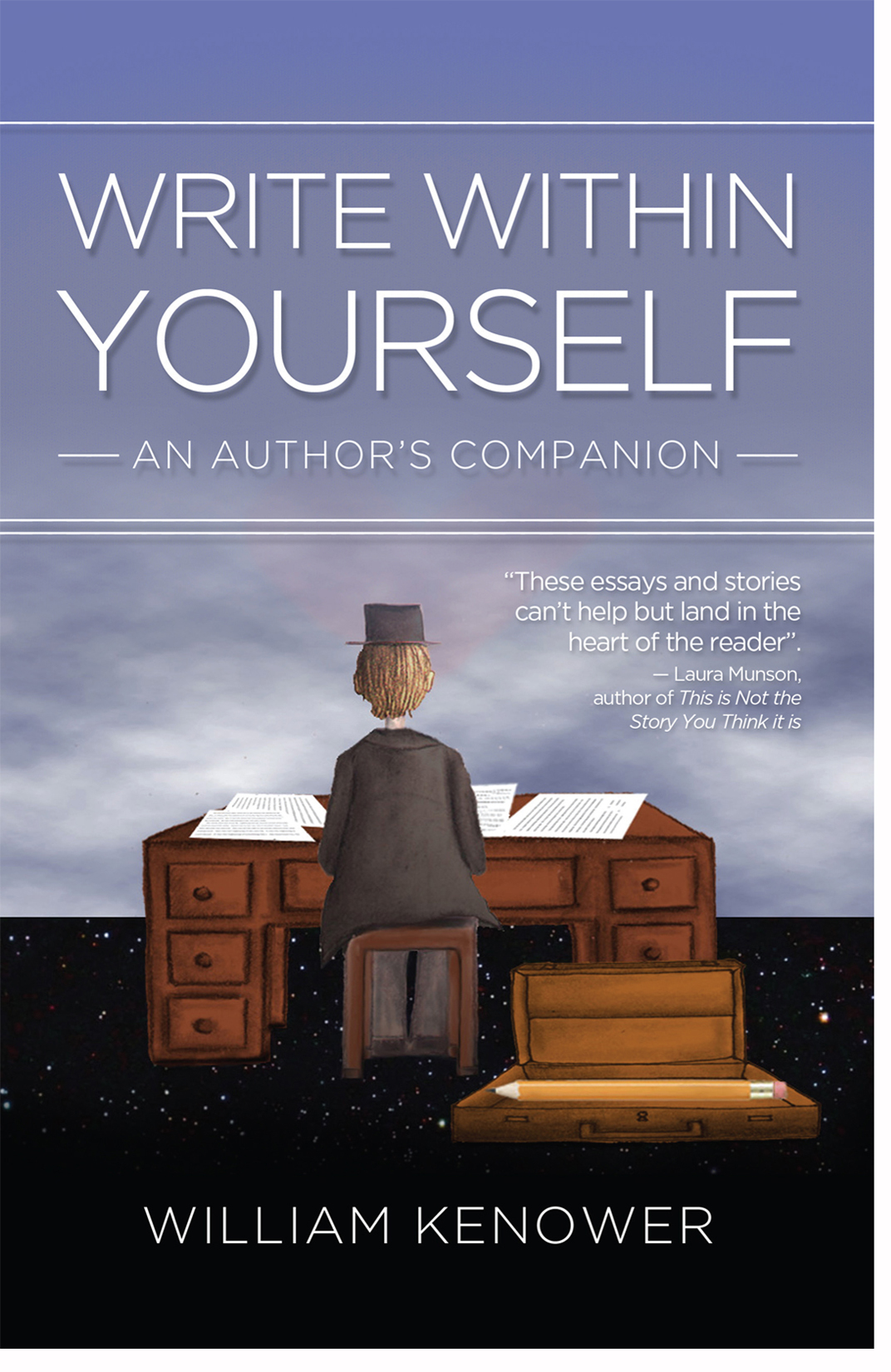Why Confidence Is More Important Than Craft
I edit a magazine (Author) for writers of all genres in which I have published hundreds of articles on what we call the craft of writing. I have edited and published articles on creating believable characters, on description, on beginning and middles and endings, on the use of nouns and verbs versus adjectives and adverbs. I am pleased that I had a chance to publish these articles because I know how important it is to learn our craft. It makes writing so much simpler. One of the nice things about craft is that once I learn it I can’t really forget it unless I stop writing – and even then I quickly remember once I start writing again. I don’t have relearn not to use adverbs in dialogue descriptors every time I sit down to write. Though I continue to learn more and more about the nuances of craft every day, the lessons I learned yesterday remain with me today.
So I love craft. I’m a craft junkie. Unfortunately, all the craft I have learned over the last thirty-five years or so is totally useless to me the moment I lose track of my confidence. The moment I lose confidence that what I am writing is worth sharing with other human beings, it is as if I have forgotten how to write. I no longer know which words go where. All choices seem equally right and equally wrong.
What’s more, unlike my craft, I must find my confidence every time I sit down to write. Like my balance on a balance beam, it gets easier to find the more I find it – but I must find it still. If I get a little sloppy with my attention, I soon find myself falling into the belief that I have nothing of value to share. It happens every single time I ask, “I wonder what others will think of this?”
Because my writer’s confidence is my unconditional belief that what I’m interested in is interesting, that what I find funny is funny, and what I find profound is profound. I must believe this before I receive any praise or criticism. All of that will come in workshops, in editorial notes, and in book reviews, but first comes the writing, which must come from my confidence. I’m the only one in that room writing, after all. All those other people, whose opinions can seem so important, aren’t there. They can’t be consulted. All I have is my own imagination and my own curiosity.
Every day that I sit down to write I must remember that I am enough. I did not always know enough craft to tell the stories I wanted to tell. I had to learn it. But I have always had enough imagination and curiosity. My imagination has answered every question my curiosity has ever asked of it. The only question it cannot answer is what other people will think of what I am about to write. It could no more answer that question than I could write a poem with a calculator.
When I was a very young writer I was somewhat motivated to learn my craft so that I would not suffer the sting of shame I believed would come if I shared something that was poorly written. I can now say – with confidence – that that sting is brief and harmless compared to the suicidal suffering that waits within the belief I am not enough. To believe that I was somehow born without enough imagination and curiosity is to invent a limit to the well of life itself. I have never met that limit in reality, only in the nightmare from which I awake every time I find my confidence again.
Write Within Yourself: An Author's Companion.
"A book to keep nearby whenever your writer's spirit needs feeding." Deb Caletti.
You can find Bill at: williamkenower.com


